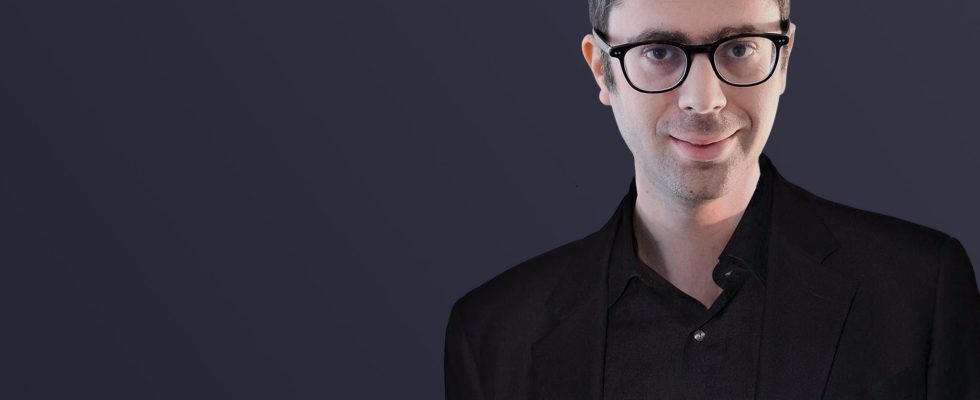Rising insecurity, environmental crisis, nuclear apocalypse, fall of the West, AI out of control, migratory invasion… For those who trust the media, frequent social networks or listen to our intellectuals, the reasons for anxiety are numerous. If the modalities differ, the scenario remains the same: the world is heading towards catastrophe, everything was necessarily better before. In The Civilization of Fear, Nicolas Bouzou, French disciple of Steven Pinker or Johan Norberg, denounces these fashionable Philippulus. According to the L’Express columnist, it is much more lucidity than fear that we need to face the current challenges.
First observation: everything is not so bad, the figures even reveal remarkable improvements. Proofs ? In 1990, 36% of the world’s population still lived in extreme poverty, compared to 9% today. Child mortality fell from 9.3 to 3.7% between 1990 and 2000. Over the same period, the global Gini coefficient, measuring inequality, decreased from 0.7 to 0.6. Why are we not more sensitive to these positive developments? Nicolas Bouzou recalls that evolution has favored the negativity bias. At the time of the prehistoric man Ötzi (the oldest unsolved murder in history), it was better to fear the worst for his survival. But today, despite a historic decline in violence, we are still terrorized by the feeling of insecurity.
“In the world, homicides, terrorism and wars represent less than 1% of deaths in 2019. The increasing insecurity in our country can poison our lives and I am the first to call for strengthening the capacities of the police and justice and to denounce Islamism as a major threat, but it rarely puts them in danger. The truth of the figures is that the vast majority of humans have never eaten so well, they have never lived so well for a long time and in such good health, and they manage as best they can to fight against insecurity (even if they always have to do better)”, notes the essayist.
From Houellebecq to Rosanvallon
Merchants of fear, the media flatter these ancestral instincts more than ever. In 2022, a study published in PLOS One, covering 23 million titles published by 47 major media outlets, showed that the prevalence of the lexical field of anger has doubled since 2000, while articles that evoke a joyful feeling are increasingly rare. Our intellectuals also have a field day, confusing pessimism with wisdom. And Nicolas Bouzou singles out Michel Onfray and Michel Houellebecq who, in 2022, had engaged in a declinism contest on the “end of the West”. But also the much more moderate historian Pierre Rosanvallon, who panicked social networks last year by asserting that France was going through, due to pension reform, its most serious democratic crisis since the Algerian war.
Faced with this widespread fear, fortunately there are antidotes. Let us train young people in critical thinking, in particular by teaching them epistemology, so that they can better uncover the fake news. Let’s diversify our sources of information and not be satisfied with the media which relay our own opinions. Let’s take a historical step back. Especially since there are many reasons to remain hopeful. Cancer mortality, for example, has decreased by 15% since 1990. Regarding technological unemployment caused by AI, Nicolas Bouzou emphasizes that “the idea that work can disappear is as old as work itself” . In Rome, Emperor Vespasian had already refused to use a new technique facilitating the transport of columns after the fire of the Capitol at the end of the 1960s, for fear of no longer “feeding the poor people”.
Even in the face of global warming, it is counterproductive to give in to a paralyzing fear which obscures progress, which is admittedly largely insufficient. Over the past decade, for example, the price of solar energy has fallen by 90%, and that of wind energy by 70%. Conclusion of our optimism teacher: “The future is not written. Those who predict the worst, out of conviction, laziness or hatred of our society, act as if solving problems was an impossible thing in a liberal democracy , as if the future, in the absence of revolution, was certain. But the history of humanity, and more particularly of the West, shows the opposite.”
The Civilization of Fear, by Nicolas Bouzou. XO editions, 218 p., €19.90.
.
